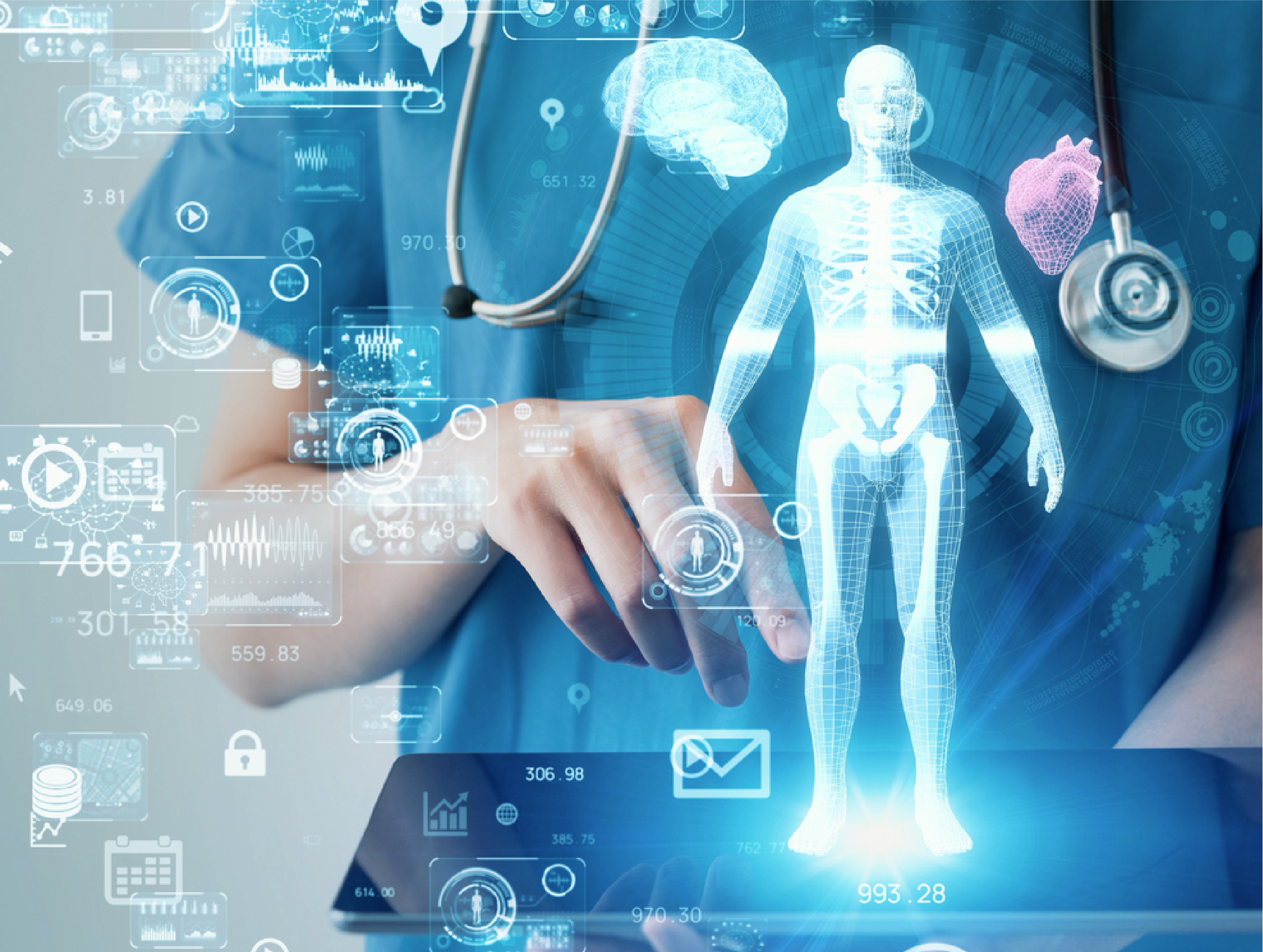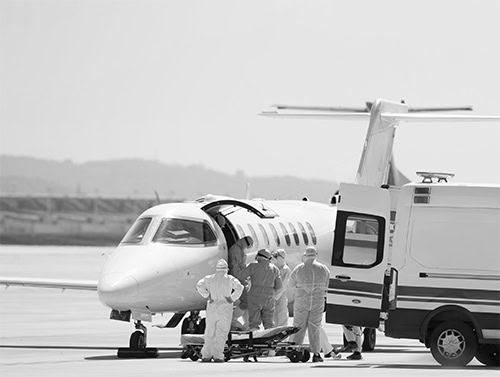A look at digital health technology in action
Bluedot Air Ambulance is an early adopter of digital health technologies to improve the delivery of medical transfer services. While digital health generally includes categories such as mobile health, health information technology, wearable devices, telemedicine, and personalized medicine, our current focus is on documentation and networking.
In the future, Bluedot would leverage this information as well as connected technologies to provide even more efficient and useful services. From mobile medical apps to software that supports clinical decisions, digital health tech has the potential to improve our ability to accurately diagnose and treat disease and to enhance the delivery of health care for patients and caretakers.
Digital health technologies give providers a more holistic view of patient health through access to data and giving patients more control and information about their treatments. For example, in air medical journeys, the first step is for our doctors to assess the patient’s current medical records and medical history. This may require going through several files, and threads of treatment history, and sometimes in multiple languages.
With the use of the right digital platform, these historical documents and recent assessments are integrated into a single file. This can be updated as per current checkups and assessments are done by our medical team as well. The doctors accompanying the patient on the flight will therefore have a clear view of the patient’s medical records at a single reliable source. Moreover, new data during the flight and transfer can also be added in real-time.
Doctors at the receiving end of the patient’s journey have their job cut out thanks to this digital documentation. They have a complete record, right from historical data through current data at the time of handing over, as well as assessments of the patient’s condition during the flight. This can provide valuable insights to treating physicians.
As per the US FDA, such technologies help providers and stakeholders in their efforts to:
- Reduce inefficiencies,
- Improve access
- Reduce costs
- Increase quality
- Make medicine more personalized
By tracking their health, this technology can also empower patients and caretakers to make better-informed decisions about their own health and understand the process of medical transfer. An extension of these technologies is also possible in the area of medical escort networking.
Bluedot has been at the forefront of promoting UMeN, the Universal Medical Escort Network, which enables us to connect, recruit and inform a worldwide network of medical escort professionals regarding opportunities to fly medical missions and treat patients. Digital technology is at work here, again, as the use of smartphones and internet-based applications allow us to assess the real-time availability of aeromedical professionals, and match them with suitable missions.
These developments are in line with the vision and objectives of the World Health Organization, which foresees and promotes digital health tech for greater access to modern healthcare: “There is a growing consensus in the global health community that the strategic and innovative use of digital and cutting-edge information and communications technologies will be an essential enabling factor towards ensuring that 1 billion more people benefit from universal health coverage.”
References:



